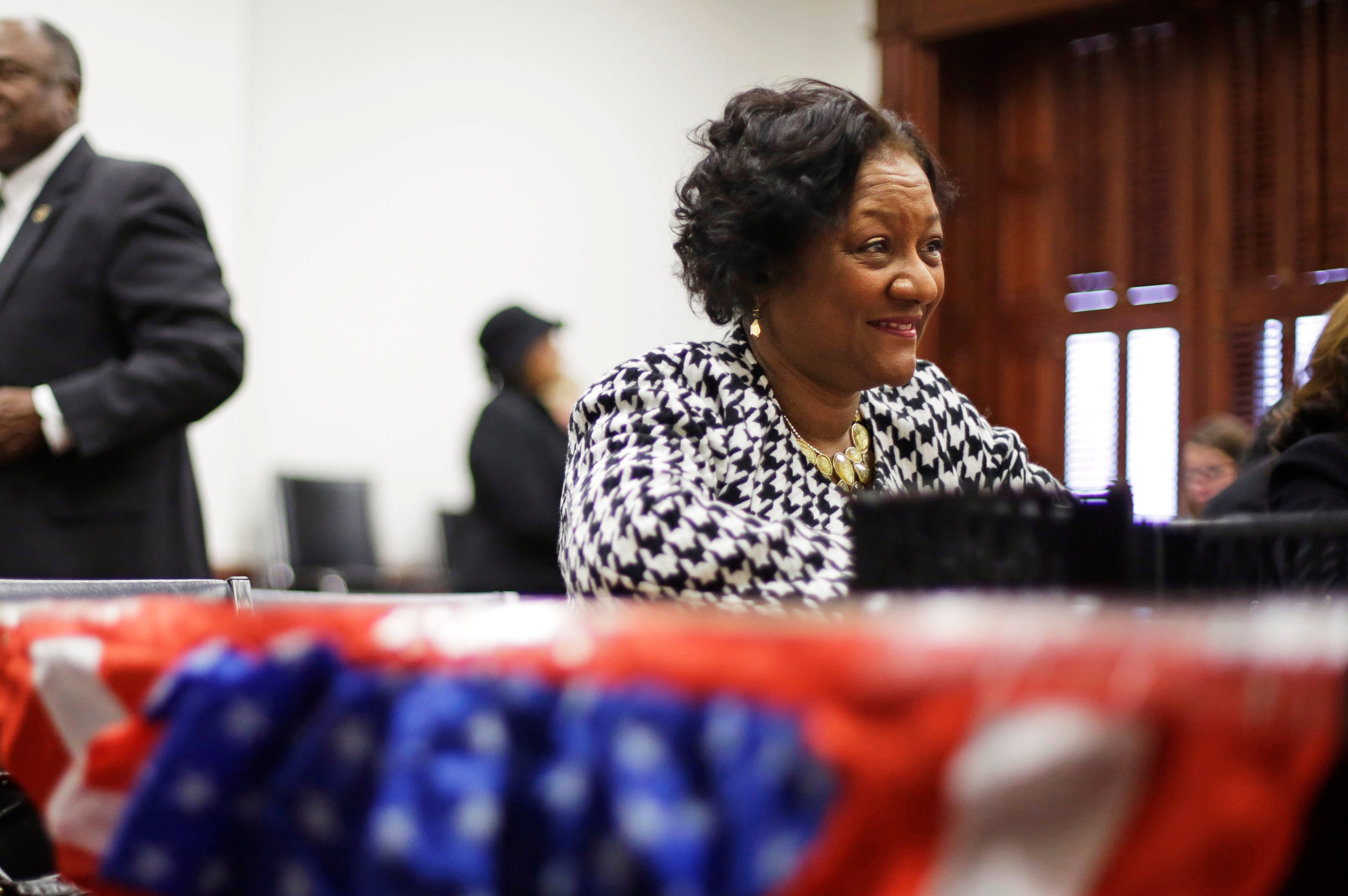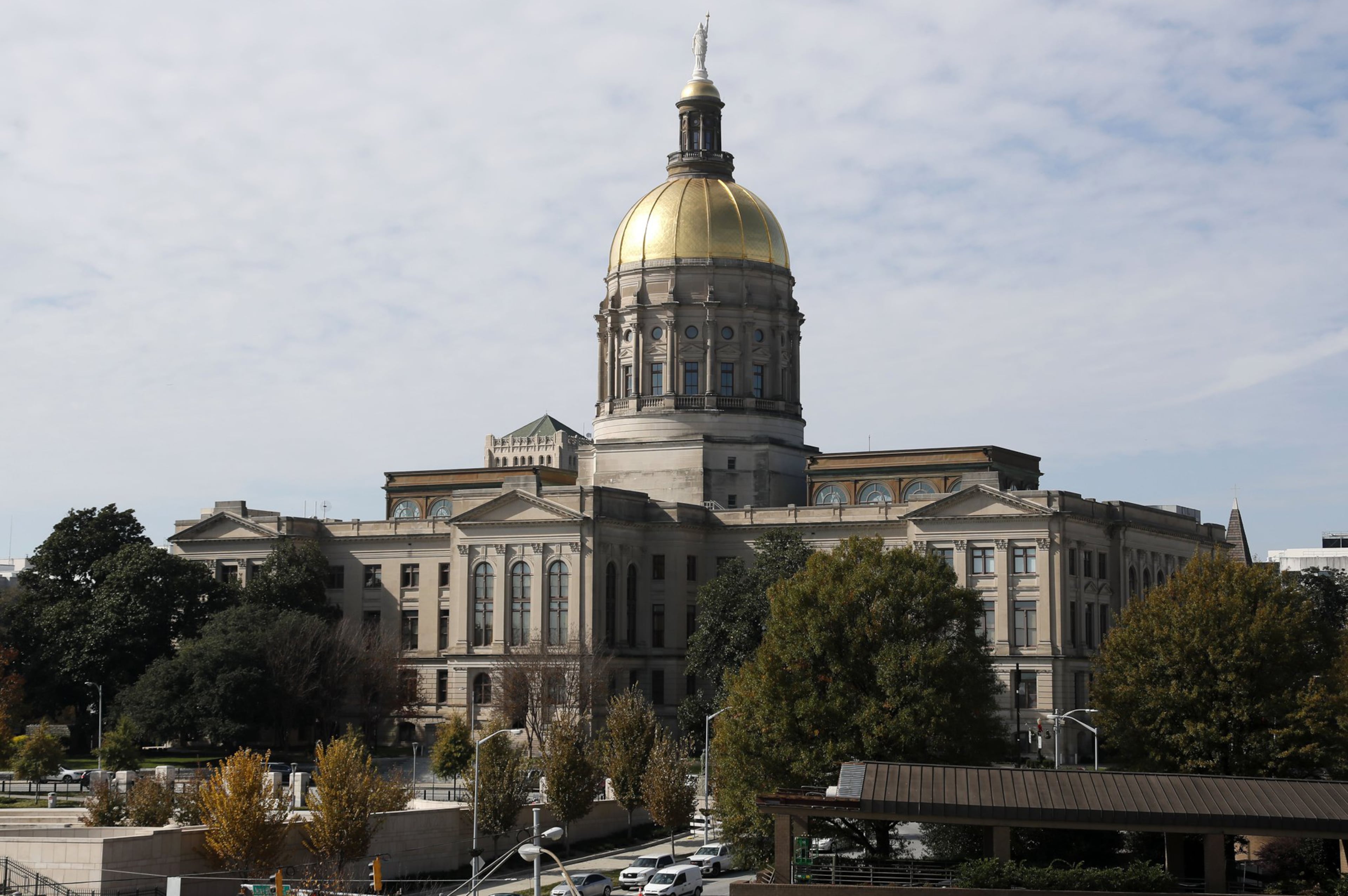Georgia Capitol lobbyists back to their pre-COVID meal-buying ways

A few signs appeared that the Capitol crowd was back to prime pre-COVID pandemic form during the recently completed General Assembly session:
- Almost nobody wore masks, other than the occasional visitor, who probably got a few looks from the Statehouse denizens.
- Only one anti-COVID mandate bill got much of a debate.
And lobbyist spending on lawmakers is back to pre-COVID levels, at $642,000 during the 2023 session that ended late last month. In fact, it topped 2019 spending for the second consecutive year after taking a major dip during the pandemic.
That’s about the same as last year and almost twice what they spent in 2021, the session when many people still wore masks and were just beginning to line up to get vaccinated for COVID-19.
That year, many lobbyists told The Atlanta Journal-Constitution that they were doing less wining and dining of legislators. Face-to-face dinners at Bone’s or other fine-dining hangouts for the Capitol crowd were way off.
In the past two sessions, the totals topped 2019, the last pre-COVID session, when lobbyists spent about $608,000 on lawmakers and state officials.
The biggest reported spender this session, as during most sessions, was the lobbyist for the Savannah Chamber, which has put on a seafood “big feed” for years. The Savannah Chamber has reasons to celebrate in Atlanta, as the Legislature has approved more than $250 million in funding to renovate its local convention center.
In past years the cost of the event hit $75,000 to $80,000, so this year’s $52,000 tab was a bargain.
Other big spenders were the trial lawyers lobby, which spent more than $20,000 on meals and drinks for lawmakers and state officials; the lobby for superior court judges, which spent $9,950 on a breakfast (the state plays a big role in funding the court system); and Jason Boles, whose company gets paid for campaign finance work by dozens of state candidates and who reported spending $11,500 on food and drink for lawmakers at the Capitol on March 6.
Most of the spending was for meals: Freebie tickets to ballgames were outlawed several years ago, although state-paid lobbyists, like those that traditionally give out tickets to University of Georgia football games, no longer have to report what they spend under an ethics “reform” bill passed in 2013. Lawmakers can still get tickets; it’s just not reported to the state ethics commission.
In most cases, lobbyists doing the reporting also say they weren’t talking to lawmakers about specific bills or funding, even though they were eating and drinking with lawmakers during the session when legislators were passing legislation.
On occasion they give more general descriptions: A lobbyist for a title pawn and payday loan company spent about $11,000 on a dinner for Georgia Senate Republicans to discuss “consumer finance issues.” That’s more than what most say.
Now that the session is over, lobbyist spending will really crank up for the May-September convention season, when lawmakers travel to business association meetings — often along the Georgia and Florida coasts — to speak to groups and receive “legislator of the year” plaques from business interests that lobby them.
LOBBYIST SPENDING BY YEAR
2018 — $562,000
2019 — $609,000
*2020 — $571,000
2021 — $360,000
2022 — $642,000
2023 — $642,000
*Session suspended in mid-March due to COVID-19 outbreak, resumed in June
Source: Lobbyist disclosures filed with the state ethics commission



